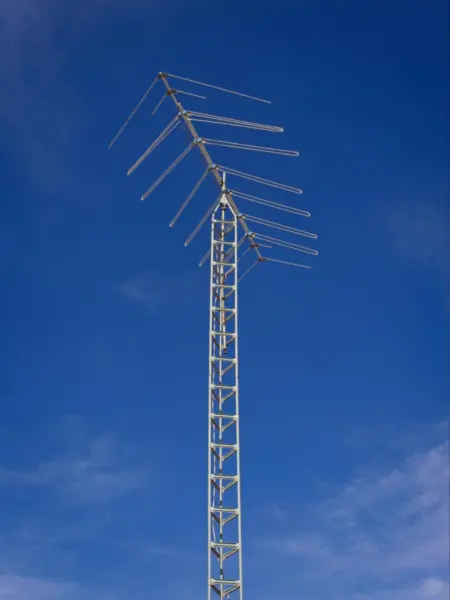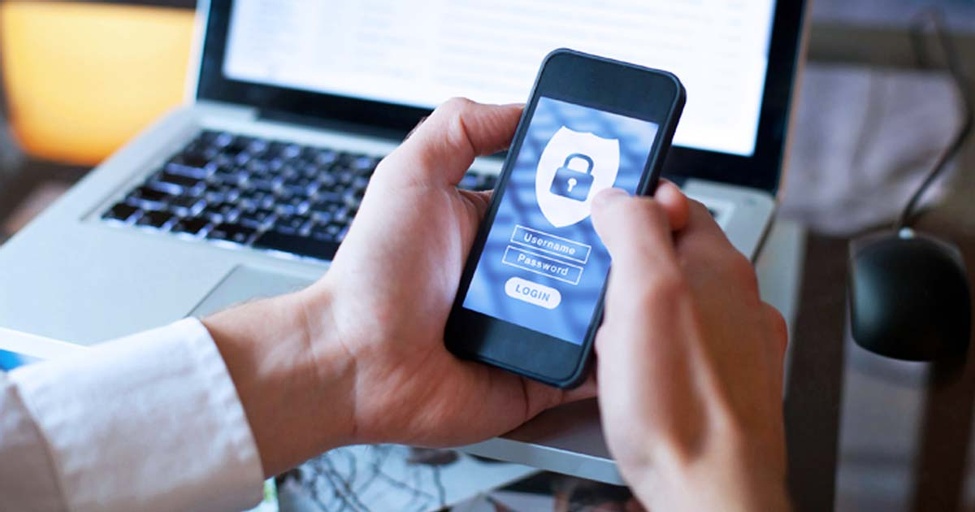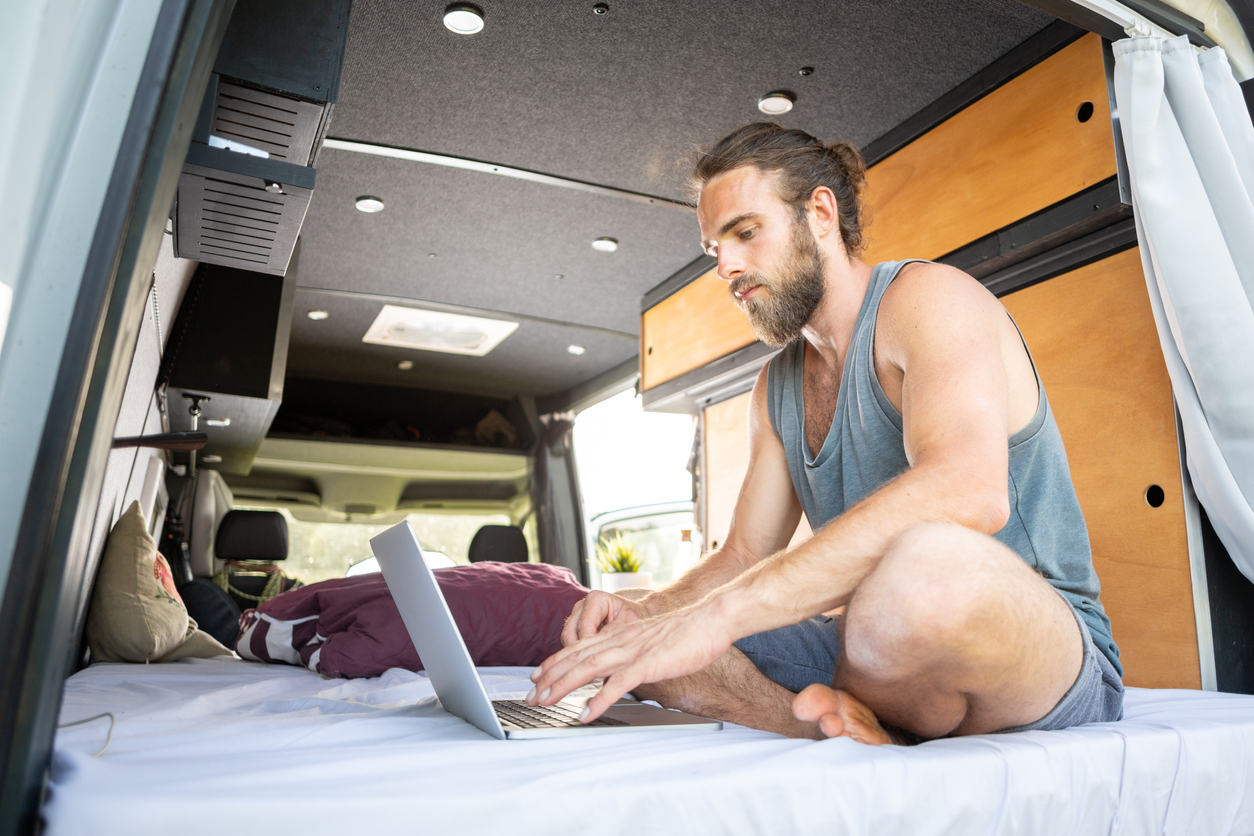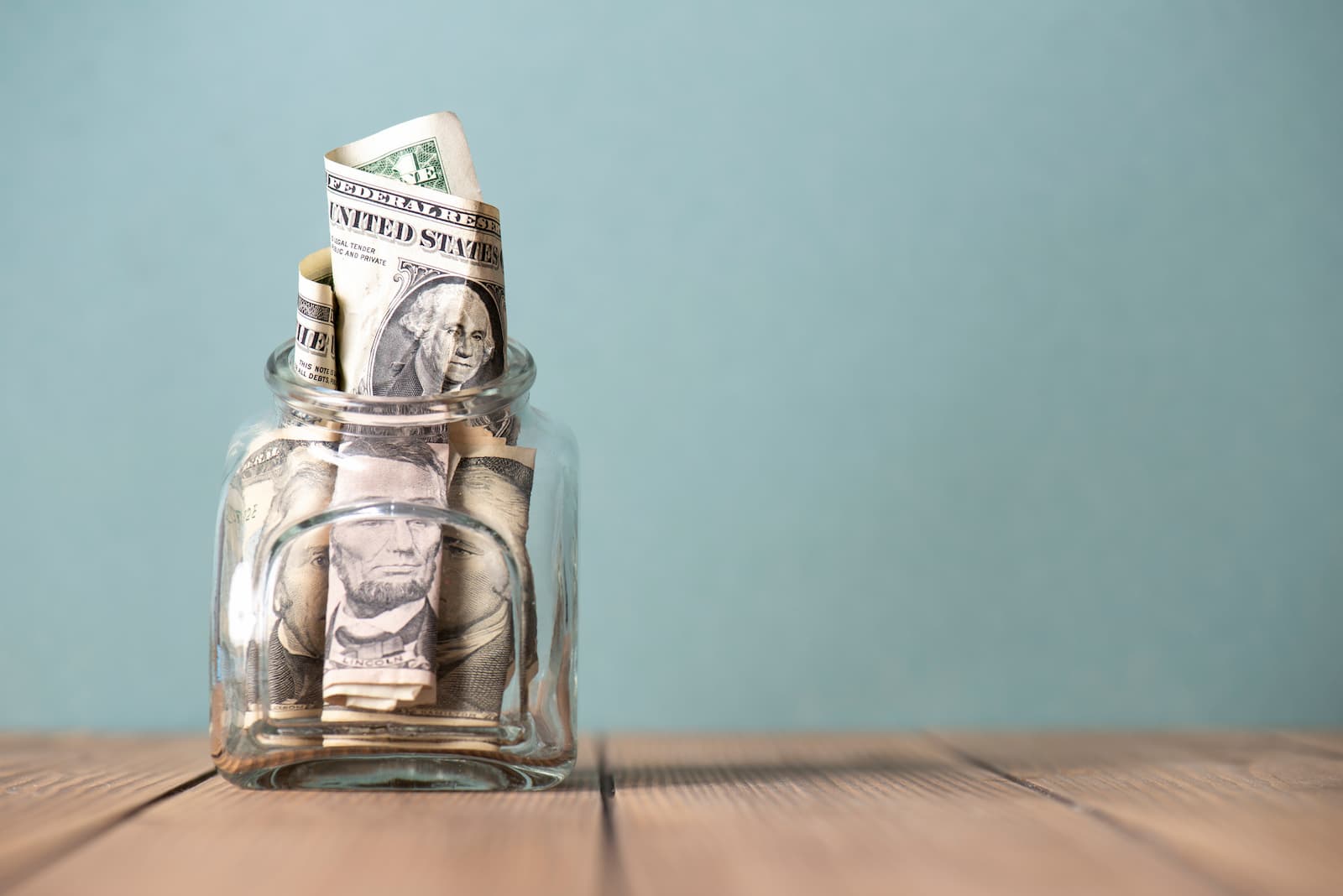How To Stay Connected in a Natural Disaster
How to get online during hurricanes, tornadoes, and wildfires
Jul 23, 2024 | Share
How-To
It can be almost impossible to stay online during a major disaster like a hurricane, wildfire, or earthquake. Staying alive, staying safe, and knowing what’s happening are the big priorities.
But eventually, you’ll want to connect to your friends, family and coworkers. My go-to solution is to use my 5G smartphone as a personal hotspot, but that method eats through power and data quickly (so isn’t a long-term fix.)
How to communicate in a worst-case scenario
If you’ve been affected by a natural disaster and your safety is at risk, call or send a text message to 911. Even if your mobile network is down, you can piggyback on neighboring networks for emergency calls. There may be a lot of congestion, so keep trying if you can’t get through. Wait a few minutes between each call.
If it’s not an emergency but you need a place to shelter, text “Shelter” and your zip code to 43362 to get a list of options from FEMA (the Federal Emergency Management Agency). If you need other kinds of assistance, dial 211 to be connected to community services.
If you can’t get a signal on your cell but it’s safe to travel, look for a local AT&T, Spectrum, T-Mobile, or Verizon retail store. In emergencies, they often offer free charging and free Wi-Fi to the general public (not to mention air conditioning).
What happens to mobile and home internet connections in disasters
Whether you can stay online in a disaster depends on what’s happening and which infrastructure is impacted. Our deputy editor Kevin Parrish has lived through several hurricanes, and shared some insight after Hurricane Beryl ripped through Texas.
Sometimes in hurricanes, you might have power outages and internet outages that last only minutes, he says. Other times, power can be down for several days, with very limited mobile phone service and widespread internet outages.
“Once a hurricane hits and knocks out your power, to be honest, accessing the internet isn’t a priority,” Parrish says. “If the power’s out, the internet’s probably out too.”
How internet companies prepare for disasters
Before disaster strikes, internet and cell phone providers set up their infrastructure with backup batteries and generators. They also build in a lot of redundancy, so a problem on a single cable or switch doesn’t take everything down. Check out how the internet works for more info.
What providers do during and after storms and wildfires
Disaster response from local cell phone and internet providers depends on the disaster. In big storms like Beryl, they may send out fleets of trucks and trailers to act as portable cell towers. They may also send repair crews armed with portable power generators and infrastructure equipment, aided by dozens of drones that help assess damage in hard-to-reach areas.
But even if you can get a few bars during an emergency, don’t count on the same service you would expect on a blue sky Tuesday. Instead, expect a lot of network congestion, which may mean trouble making calls or even sending text messages.
And getting a wired connection to the internet before the power’s back up? Fuhgeddaboudit, in the timeless words of Donnie Brasco.
As mentioned above, many internet providers and mobile carriers also turn their local stores into emergency resource centers during emergencies. They offer chargers, free Wi-Fi, and sometimes even air conditioning to anyone who needs it. It may be mostly for PR, but we aren’t mad about it.
Your mobile provider might waive data overage fees
Something else we aren’t mad about? Verizon and AT&T offering to waive data overage fees for customers in disaster areas. It means if all you can get on your phone or hotspot is 5G or LTE, you can use it as much as you like for a few weeks. Hopefully, your regular internet service will be restored by then.
We also give an honorable mention to T-Mobile, which hasn’t charged most customers for data overages since 2014.
What to do with your electronics during a power outages
Every disaster is different, but today’s smartphones and laptops are more reliable than ever. If you use common sense and don’t worry too much, you’ll be in good shape, Parrish says.
Here are a few suggestions along those lines:
- Keep devices away from water and out of direct heat.
- Try to keep air circulating by opening a window or even the front door.
- Turn devices off if they become hot to the touch.
- In the cold, keep your devices with you so buttons and ports don’t freeze.
- If you can’t call or text, you probably won’t have internet either. Find other ways to stay busy.
- Keep your brightness low and turn off Bluetooth, but keep airplane mode off so you can still get emergency alerts.
- Rely on battery-powered fans and radios or find a hand-crank radio for emergency updates.
How to stay connected in an internet outage
Often, big storms and wildfires take out internet infrastructure for entire communities. You could have a wired internet outage if your cable, fiber, or DSL network is damaged or if backup power fails. You could also have a cellular outage if local towers are damaged or if there are problems further upstream that take out hundreds of towers.
What to do if you have cell signal but no home Wi-Fi
If you have bars but can’t get online on your home Wi-Fi, use your smartphone as a personal hotspot. You’ll be able to connect a few devices and browse the internet. However, be careful about streaming too much video or browsing too long because you’ll burn through your phone’s battery (and your data plan) in a hurry.
If your home internet is down for more than a few hours but your cell signal is OK, you might want a standalone hotspot device. These connect more devices, have a bigger range, and have their own power supply. The options for plans and devices are endless, but here’s a roundup of the best hotspot devices and the best hotspot data plans of 2024.
What to do if you have home Wi-Fi but no cell signal
If you have no bars but you can access the internet through your home Wi-Fi, you’re in luck. Almost every device connects to Wi-Fi these days, and all major carriers support Wi-Fi calling. Just make sure each device is logged into the working network, and you’re good to go.
Home internet from 5G and 4G LTE providers, also known as fixed wireless, won’t work if you don’t have bars on your cell phone. That’s because these networks use cellular networks to provide home internet (and therefore, Wi-Fi).
What to do if both cellular and home internet is down
If your home internet is down and your phone network is down, too, there’s not much you can do. There are probably widespread issues affecting a wide geographic area.
However, there are a few things to try if it’s a true emergency. If you don’t already have one of the following, a helpful neighbor might:
Cell boosters: These devices turn a weak cell signal into a stronger one, and they may enable you to send a call or text in some disaster scenarios. However, they won’t solve problems related to congestion, when all your neighbors are trying to call or text at the same time.
Satellite phones: Traditional satellite phones are expensive and usually reserved for first responders or wilderness adventurers, but you might be able to find one near you. If you have a relatively new iPhone, you can send limited texts to emergency responders via satellite. It’s not ready yet, but Starlink and T-Mobile have also announced a way to send and receive text messages using satellite technology using everyday smartphones too.
Radio: Whether you need tunes for entertainment or just want to catch the latest news and weather alerts, old-fashioned AM/FM radio is your friend. I just invested in a hand-crank radio for when I’m exploring in the great outdoors, but you can also tune in on battery-powered radios or listen in your car (just start the ignition and let the car run for a few minutes about once an hour so you don’t lose charge on your car battery).
How to prepare for next time
If you’re in the middle of a disaster, it’s too late to think about a tech go bag or backup internet. But when you get to safety, this article on preparing your tech for a natural disaster can help.
FAQs about emergency internet access in a disaster
What to do if Wi-Fi goes out during a storm?
Can you make phone calls in a hurricane?
How much do satellite phones cost?
Author - Chili Palmer
Chili Palmer covers breaking news, satellite internet, mobile connectivity, and streaming services for HighSpeedInternet.com. Previously writing under the name Rebecca Palmer, Chili is passionate about providing accurate and accessible information any time you're trying to connect … whether you already speak geek or just got your first smartphone.
Editor - Jessica Brooksby
Jessica loves bringing her passion for the written word and her love of tech into one space at HighSpeedInternet.com. She works with the team’s writers to revise strong, user-focused content so every reader can find the tech that works for them. Jessica has a bachelor’s degree in English from Utah Valley University and seven years of creative and editorial experience. Outside of work, she spends her time gaming, reading, painting, and buying an excessive amount of Legend of Zelda merchandise.





